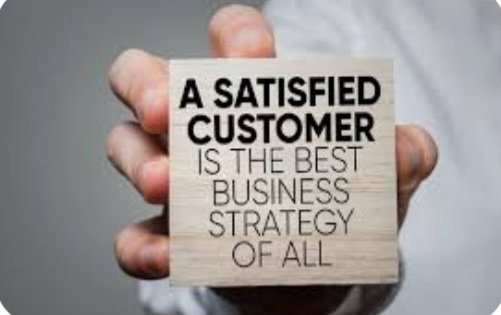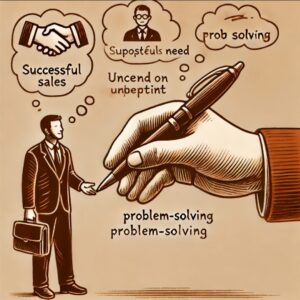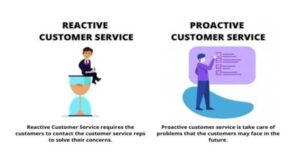
Many see profit as the purpose of a business—it’s a familiar phrase that reflects how profits sustain companies. However, digging deeper reveals a more fundamental objective: as Peter Drucker noted, “The purpose of a business is to create and keep a customer.” This insight shifts the focus from purely making money to delivering value that naturally attracts and retains customers, driving sales and ultimately leading to profitability. Prioritizing customer relationships ensures that a business remains relevant and adaptable, with marketing and innovation playing crucial roles in meeting evolving needs in the marketplace.
Focusing on customer creation and retention as a business goal promotes a more sustainable, long-term approach. Modern customer-centric companies like Amazon exemplify this with their commitment to enhancing every aspect of the customer experience, aiming for customer satisfaction rather than merely shareholder value.
For a deeper dive into Drucker’s perspective and how this customer-focused strategy influences today’s businesses, you may find articles on sites like CustomerThink and Jesus Gil Hernandez’s blog insightful. These resources elaborate on how customer creation should guide business functions and emphasize the social responsibility embedded in serving customers.
Here are links to explore further:
What is the purpose of a business?
The only valid purpose of a business is to create a customer
1. A Top-Performing Salesperson Focuses on Connection, Not Just Transactions

In sales, it’s not enough to simply close deals. A top-performing salesperson goes beyond the surface level and builds a genuine connection with each customer. I approach my role as a guide, walking my clients through a journey that both clarifies and meets their needs. For me, sales isn’t just about making a pitch; it’s about offering tailored solutions and building long-term relationships. When a customer feels truly understood, trust develops naturally. And when they trust my expertise, it’s not just a transaction anymore—it’s a connection that has the potential to create a lasting, loyal customer.
2. The Most Professional Salesperson is Both a Detective and a Counselor
Sales involves skillsets that go beyond mere product knowledge; it requires the ability to understand people deeply. A true sales professional builds trust like a friend, asks questions like a detective, uses tone like an actor, understands motivation like a psychologist, and guides the conversation like a counselor. Every interaction is an opportunity to listen, learn, and adapt. Instead of pushing products, I let the customer lead me to their real concerns, desires, and motivations. By understanding these, I can better serve them—and when you serve customers sincerely, you create customers who stick around.
3. Selling is Solving, Not Pushing

We’ve all heard the classic challenge: “Sell me this pen.” The novice salesperson might immediately jump to listing all the pen’s features, telling the customer why it’s amazing. But that approach doesn’t work. Instead, the real question is, “Does the customer even need this pen?” Successful sales start with understanding the customer’s needs and challenges. If I find out the person needs a pen to sign an important contract or capture an idea they can’t afford to lose, I’m not just selling a pen; I’m providing a solution. When my focus shifts from selling to solving, that’s when real success and customer loyalty take hold.
Creating and Keeping Customers is the Real Purpose
In the end, a business’s true purpose isn’t just about making money; it’s about creating and keeping customers. When you focus on understanding and fulfilling your customers’ needs, profit will follow naturally. And by building relationships, solving problems, and consistently guiding customers toward their goals, you ensure that they return. It’s this commitment to serving customers—not just selling to them—that fuels lasting success.
The Winning Edge: How a Sales Growth Mindset and Athlete’s Perseverance Drive B2B Sales Success







